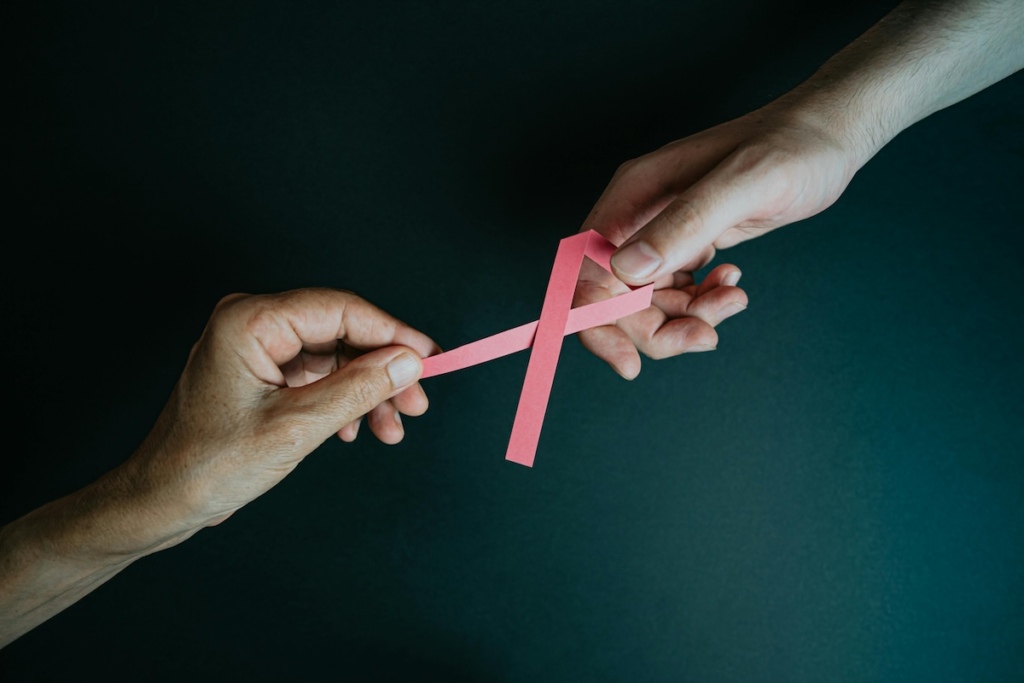
Novartis has announced updated analysis from its Phase III NATALEE trial showing that Kisqali (ribociclib) continues to demonstrate sustained reduction in distant recurrence when combined with endocrine therapy. The treatment showed a 28.5% reduction in distant recurrence compared to endocrine therapy alone in patients with stage II and III hormone receptor-positive/human epidermal growth factor receptor 2-negative (HR+/HER2-) early breast cancer.
“In day-to-day practice, we see a real and persistent risk of breast cancer coming back after early diagnosis, often as metastatic disease,” said Paolo Tarantino, M.D., Advanced Fellow at Dana-Farber Cancer Institute and Harvard Medical School. “The latest NATALEE and real-world data presented at SABCS reaffirm we can better address risk of recurrence for all patients at high-risk, including selected patients with node-negative disease, by offering them adjuvant CDK4/6 inhibitor treatment in addition to endocrine therapy.”
“On the heels of its U.S. FDA and EMA approvals in early breast cancer, it is encouraging to see the continued benefit of adding Kisqali to standard endocrine therapy to help reduce the risk of recurrence,” said Jeff Legos, Executive Vice President, Global Head of Oncology Development, Novartis. “These data, together with the recent NCCN Guidelines® Category 1 preferred treatment recommendation for all eligible patients with early breast cancer, reinforce the opportunity to evolve adjuvant treatment to help a broader group of people.”
The safety profile remained consistent with previous reports. Grade 3 or higher adverse events included neutropenia (44.4%), liver-related adverse events (8.6%), and QT interval prolongation (1.0%).
Kisqali has been approved as a breast cancer treatment in 99 countries worldwide. The drug is the only CDK4/6 inhibitor recommended by NCCN Guidelines for both all node-positive disease and for patients with no nodal involvement with high-risk disease characteristics.



